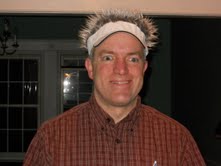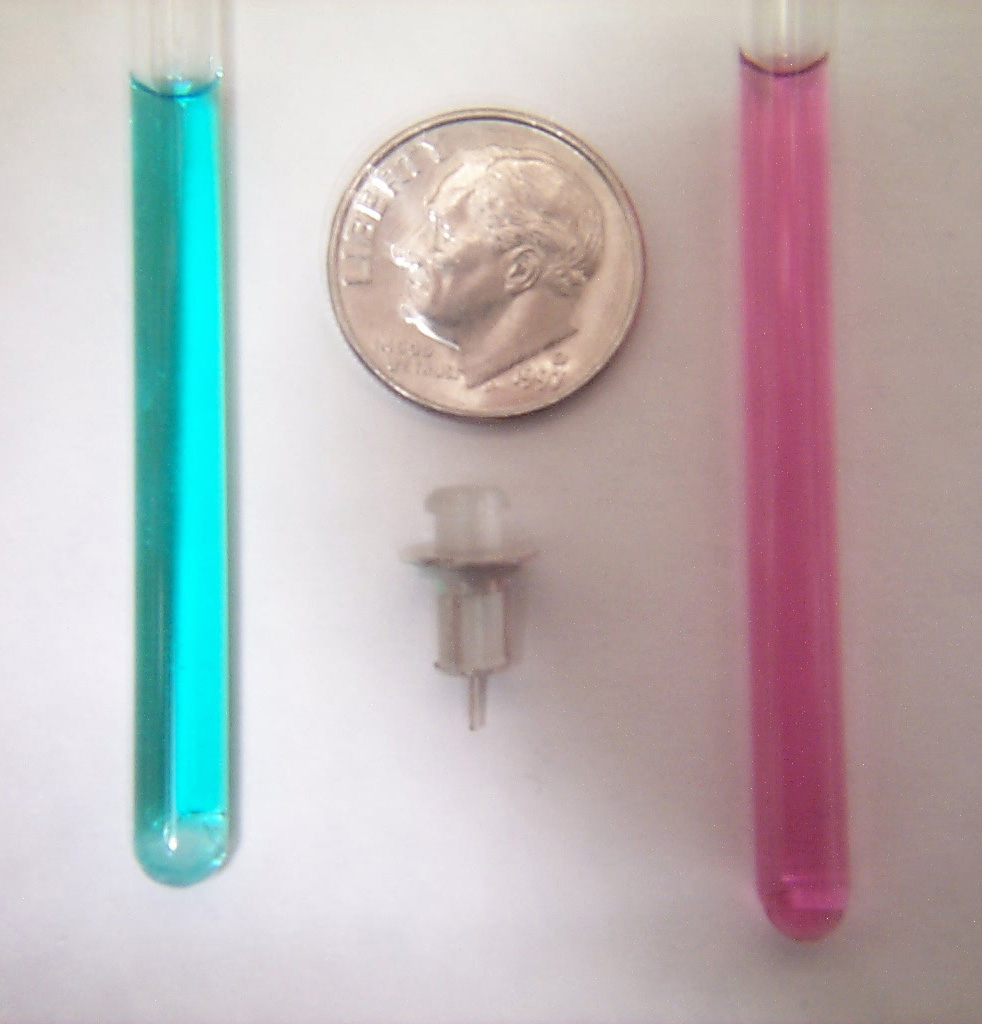Introduction

Thank-you to Dwight Schwartz, Ph.D., for continuing his Candidate for What? series by sharing a glimpse of his postdoctoral puzzle. Below are a few questions for your consideration as you dive into Part 4 (Click here for Part 1 and here for Part 2 – 3):
- How do you understand the purpose/value of postdoctoral studies? Note: Kelly Seaton has a significant (and highly visited) ESN blog series focused on Finding a postdoc in the sciences.
- Do you have a burden for fellowship with other believers in higher ed and if there is not a fellowship for graduate students on your campus, to organize one?
- How do you share your journey in higher ed with others? In what manner does your faith relate to your vocation? Note: If you have interest in sharing your story with Emerging Scholars, please click here to read a description of writing for the blog and drop me an email. ~ Thomas B. Grosh IV, Associate Director of ESN, editor of ESN’s blog and Facebook Wall.
Part 4
When I finally finished my doctoral studies, over nine years after starting them – in part due to a long “obedience” in a certain direction, and in large part due to the grace of some academic mentors along the way – I needed some sort of next step. As was my pattern by now, the next step did not follow hard on the previous step. Before finishing graduate school, I had had contact with a professor at Montana State University – Bozeman. That contact did not seem to bear the fruit of employment at the time, but a few months after I “walked” – graduated – from graduate school, I received a call from this professor. He had apparently decided that he would like to appoint me as a postdoctoral research associate working in his lab. I accepted this position and Maria and I moved – sight unseen – to Bozeman, Montana, and to the Chemistry department and this professor’s laboratory there.

Fundamentally, the period of my postdoctoral studies was a time of recovering from the physical and emotional exhaustion of graduate school, and also a time to learn new things about my field, and some things that some might argue I should have already known. In any case, this phase was a phase to continue my preparation for eventually taking a faculty position in a research university somewhere.
My time as a postdoctoral researcher came to an end about two and a half years after I started, while I was still without specific plans for a next phase. As it turned out, I was then offered the newly vacant position of supporting the computers in the Chemistry department at Montana State University. I took on this position, and somehow managed – in the last few years before the web became an open battleground producing many “civilian” information technology casualties – to keep the department IT assets up and running. This position enabled me to remain involved somewhat in the lives and projects of the colleagues in the lab of which I was a part.
I did not know how long this position would last – how long before I found some other permanent full-time position to move to elsewhere. And I developed a growing burden to share with the graduate students of Montana State the idea of having an organized Christian fellowship. It seems that, as I might have to leave town with as little as a month’s notice, I should gather my friends who were graduate students and Christians, and we should form a fellowship that meets weekly for prayer, Bible study, mutual support, and other activities. Maria and I worked with another university employee to lead some students in forming the Montana State University Graduate Christian Fellowship.
It turned out that Maria and I remained in Bozeman for about three years after my postdoctoral position ended. This afforded us time to develop this fellowship and to continue to be active in two communities that we were growing to love deeply – the Christian communities of Montana State University – Bozeman and of the Bozeman area more generally.
Click here for Part 5, entitled Candidate For What? —InterVarsity staff.
Dwight Schwartz is the Mid-Atlantic Area Director for InterVarsity Christian Fellowship’s Graduate and Faculty Ministries. He joined the staff of InterVarsity Christian Fellowship in 2003 after completing doctoral studies in Chemical Physics (UIUC, 1997), and postdoctoral research, teaching, and IT support at Montana State University—Bozeman. He is married to Maria (Kowalsky) Schwartz. Dwight enjoys engaging graduate students and faculty members across the spectrum of academic disciplines in matters of importance to scholarship and the Christian faith. He maintains an active interest in science, electronics, computers, and computer programming. Dwight is a member of the American Chemical Society, the American Physical Society, and the American Scientific Affiliation.

Leave a Reply